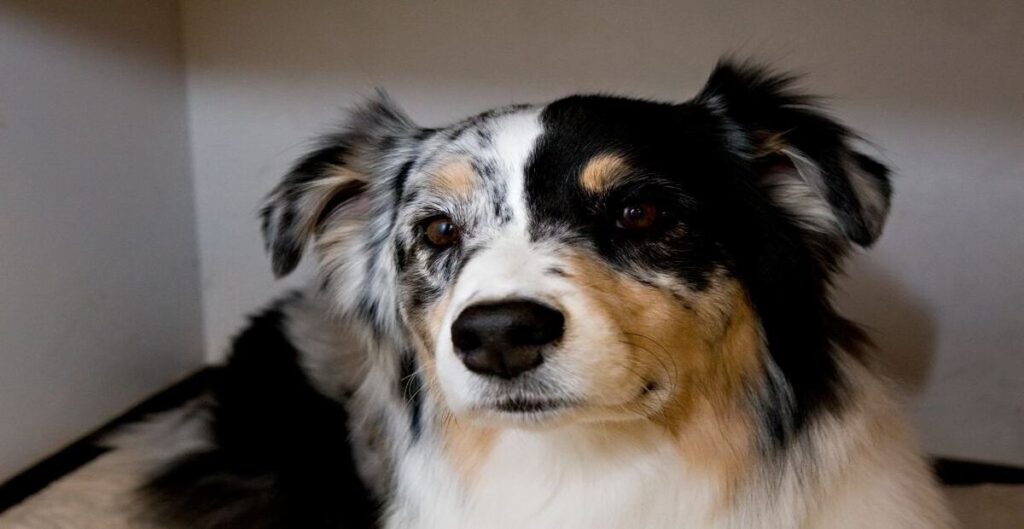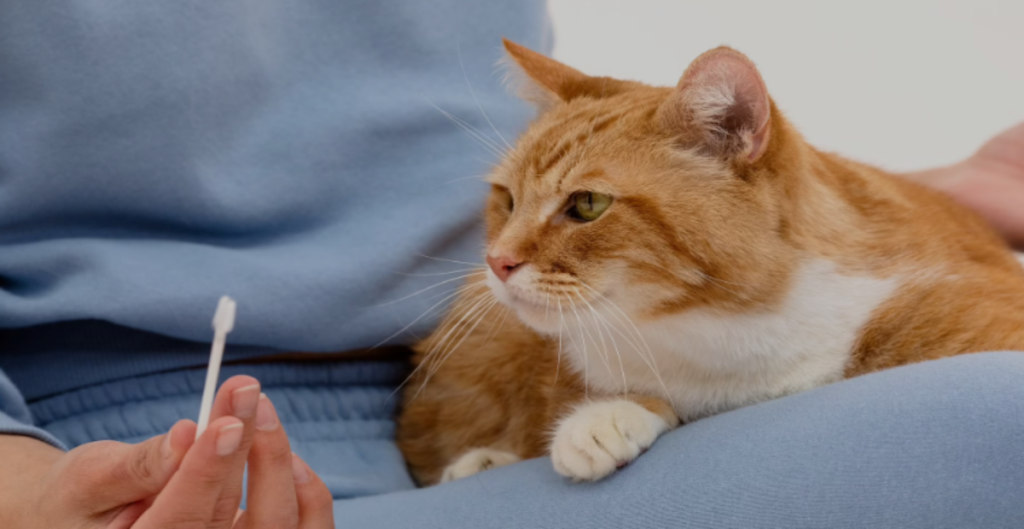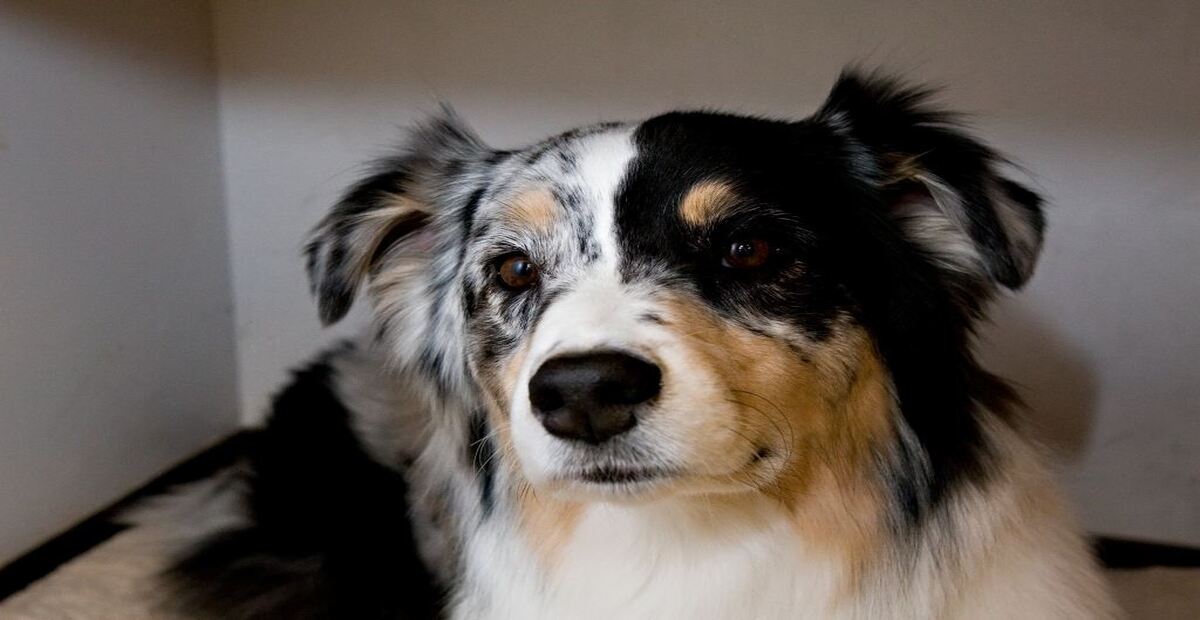
Greece, a country rich in mythology and history, has a thriving dog scene where purebred dogs are highly prized. Ranging from the elegant Cretan Hound to the energetic Greek lapdog, these breeds enhance life with their distinct characteristics. But beyond their attractive facades, there can be a dark side: a greater chance of health problems, often linked to geographical difficulties and cultural customs. This piece explores the complex issue of purebred dog health in Greece, looking at specific risk factors, ethical breeding methods and initiatives to improve the health of these beloved pets in the future.
Beyond Bouzouki: An Overview of the Issue
Although inherited health problems are alarmingly common worldwide, Greece has particular difficulties. Sharing table scraps is a common practice in traditional dog breeding methods, which can contribute to obesity and related issues. Intense summer heat and a lack of public exercise spaces in cities can further exacerbate pre-existing health problems.
Unlocking the Risks: Special Health Issues in Greece

In Greece, the well-known spectrum of purebred health problems takes on new importance for the following reasons:
Musculoskeletal disorders: Hip dysplasia, which is common in German Shepherd breeds, can be particularly troublesome in the uneven terrain that characterizes the Greek landscape. Imagine having sore hips while negotiating difficult trails.
Heat stroke and respiratory rhapsody: Because of their shorter muzzles, brachycephalic breeds – such as the French bulldog and pug – are more prone to respiratory problems. These breeds are popular in Greece. This risk is increased by the intense Greek summer sun, which can be fatal.
Skin and eye problems: Prolonged exposure to the dust and sun of the Aegean region aggravates skin allergies and eye disorders such as entropion, which are widespread in some breeds. Imagine having itchy, inflamed eyes all the time.
Tick-induced distress: Dogs with weakened immune systems, which are associated with certain breeds, are especially vulnerable to leishmaniasis, a potentially fatal disease transmitted by sandflies.
Beyond the Pedigree: conventional methods and modern risks

Even with the best intentions, traditional behaviors may inadvertently exacerbate health problems:
Sharing food: Sharing table scraps is a kind gesture, but it often contains unnecessary calories and substances, which can cause obesity and stomach problems.
Limited outdoor access: Exercise is necessary to maintain a healthy weight and cope with conditions unique to a breed, but is limited to confined spaces in metropolitan locations.
Delayed Spaying: There is a traditional idea that behavioral problems and reproductive malignancies in certain breeds can be caused by delayed spaying or neutering.
Greek Approach to Handling Health Problems: From Souvlaki to Salads

Addressing these barriers requires a comprehensive and culturally aware strategy:
Nutrition diplomacy: Work with your veterinarian to develop a Mediterranean-style diet that adheres to conventional dietary guidelines and is rich in vegetables, lean protein, and healthy fats such as olive oil.
Practice: Even if it means going outside your neighborhood, look for dog-friendly outdoor spaces. It is safer to go for walks and games in the early morning or on colder nights.
Embrace tradition: Make homemade, healthy snacks with typical Greek ingredients like yogurt, low-fat cheeses, and lean meats.
Responsible Breeding: To reduce the chance of inheriting health problems, help breeders place a high priority on genetic testing, health checks and diversified breeding pools.
Community Connections: To promote fitness and socializing, take advantage of Greece’s strong sense of community by joining dog walking groups or seeking out dog-friendly cafes.
Preventive Care: A Legendary Banquet for a Healthier Tomorrow
The Greeks saw early how important prevention is:
Start Young: From a young age, instill good habits by emphasizing reasonable meal sizes and regular exercise.
Seek professional advice: For personalized advice and weight management programs tailored to your dog’s breed, age and lifestyle, see your vet regularly.
Spay/Neuter at Optimal Ages: Pay attention to your vet’s spay or neuter recommendations to prevent health and behavioral problems.
From Olympus to the Aegean: A common mission
Through understanding the distinct obstacles and methods of cultural awareness, together we can begin a path towards a stronger future for the Greek Bulldogs of Greece. Collaboration between veterinarians, breeders and dog owners is essential, as are responsible breeding techniques and informed pet ownership. Keep in mind that a healthy puppy adds significantly to the colorful fabric of Greek life in addition to a happier puppy. Together, let’s work towards a time where every wag of the tail represents not only happiness but the best possible health and wellness.
Reminder: This post should not be taken as veterinary advice. is for information only. For personalized advice on your dog’s health and breed-specific issues, always seek the advice of your veterinarian.
FAQs
Are Greek purebred dogs more likely than those in other nations to have health problems?
Although there is no definitive evidence, the following variables may make travel to Greece more dangerous: Cultural customs: Split table scraps can contribute to obesity and related problems. Limited outdoor spaces: Less exercise leads to musculoskeletal disorders and concerns for weight. Popularity of brachycephalic breeds: Breathing becomes difficult for these animals, especially in hot Greek summers. Hot weather: Exacerbates health problems such as heatstroke and skin problems.
What particular health problems do Greek thoroughbreds face?
Heat stroke: Thick-coated dogs and brachycephalic head breeds are more susceptible. Musculoskeletal problems: Hip dysplasia and joint difficulties can be aggravated by the uneven terrain of Greece. Skin and eye problems: Allergies and disorders such as entropion can be aggravated by prolonged exposure to the sun and dust. Tick-borne diseases: Dogs with weakened immune systems are particularly vulnerable to leishmaniasis.
How can I maintain the health of my Greek breed dog?
A Mediterranean-influenced diet should emphasize vegetables, lean proteins, and healthy fats like olive oil. Look for outdoor spaces: Look for dog-friendly locations outside your neighborhood and take walks during cooler hours. Avoid table crumbs using positive reinforcement training and providing vicarious rewards. Prioritize responsible breeders who focus on health screenings, genetic testing, and diversified breeding pools. Frequent veterinary exams: It is critical to identify and treat breed-related issues early.
